
One doctor shares his story of becoming a community psychiatrist.

One doctor shares his story of becoming a community psychiatrist.

“Rachel Aviv speaks to the stories that help and stories that harm—the narratives that will fashion the identity we will have for a lifetime.”

"This film beautifully uses Kathmandu to mentally transport you, like the climbers, into the journey ahead."

The sources of chronic stress and inflammation need to change, which means the toxic work setting needs to change.

“A quotidian life could be transformed by the majesty of the summit. There would be pain to suffer, but not the variety that debilitates—rather, a pain that runs from head to toe and shouts that you are truly alive.”

Reacher: a wicked action-packed new show.

Millions of unvaccinated Americans are becoming ill. How will a brilliantly lit fire under resistance be ignited?
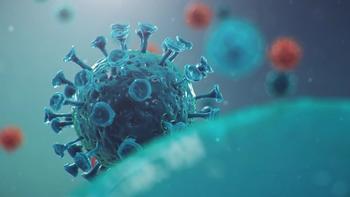
We’re all playing the “viral” game—but how do we win?

Here’s how a writing workshop encouraged this doctor’s enthusiasm.
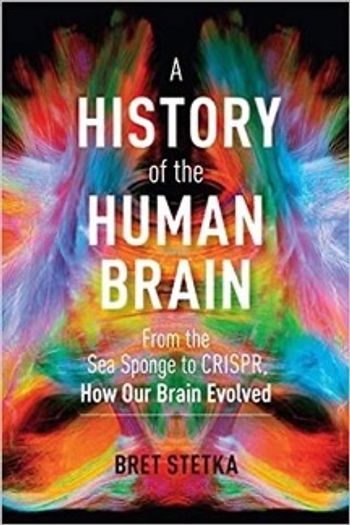
How did we become what we are and where on earth are we headed?

A penetrating, deep, and intrepid exploration of Szasz’s oeuvre, and the indelible impact he has had on the practice of psychiatry, in this country and abroad.

How many of us, during clinical encounters with patients, focus on their families, their social communities, their sources of human contact and support?

Our job as clinicians, our privilege, is to help our patients stay alive until they can engage and benefit from good treatment.

Does psychiatry have an implicit bias about religion?

Seven common questions about addiction clinicians regularly hear-as well as the answers.

The authors outline the ingredients for the transformation of mental health care in America.
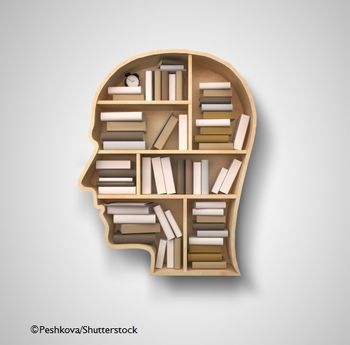
It’s too bad that so many experts-in medicine and in other professions-can’t write for a lay audience. Here's some help.

Trying to change behavior-in programs as well as people-often evokes tenacious resistance. Writing for the better can become a vehicle for that change.
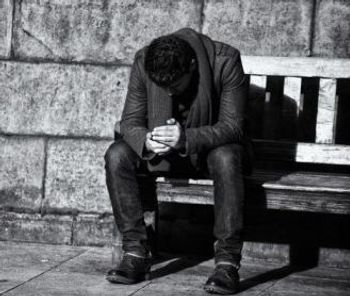
Professions, psychiatry included, do not have a stellar record of protecting those they serve. Do we have reason to believe that professional organizations or corporate entities can be trusted to protect their clientele?

A commentary on France's response to recent acts of terrorism that unified a nation and the world, co-written by a psychiatrist who was at the Paris Rally.

The new Pope's message resonates with what is becoming a prevailing ethos of good mental health care--a belief that everyone has promise, can recover and rebuild from life's misfortunes and should be able to have what we all want.

Articles on stigma, telepsychiatry, and designer drugs . . . matters germane, timely, and needed-that is what is here for you, our readers. Enjoy and learn.

At a moment when mental health is so much at the forefront of the minds of Americans and our media, it seems time, again, to try to understand the damaging views so commonly held about people with mental illness.

In this video, Dr Lloyd Sederer, Medical Director of the New York State Office of Mental Health; Adjunct Professor at Columbia University Mailman School of Public Health; and Mental Health Medical Editor for The Huffington Post discusses a topic close to his heart.

Psychiatric Times asked this psychiatrist to compile and edit a series worthy of its readers’ attention. We hope you find that this special section has achieved the literary and professional standards we set.

Neurotechnology refers to the science of applying our emerging understanding of the brain, consciousness, thought, and higher-order activities of the mind into developing technologies. The tools of neurotechnology, however, are not new for psychiatrists.

Apathy is our enemy. Pain, paradoxically, is our ally because it is one of the most powerful fuels we have to impel us to a different and better tomorrow.

Like any writer, I am driven to see my articles in print. I want to see my words enshrined on pages whose worthiness is measured-indisputably-by such standards as “peer review” and “editorial selection.”

Depression, PTSD, panic disorder, and abuse of alcohol and drugs are more insidious, quieter forms of illness that can cause the same desperation and disability as psychotic disorders.

Published: January 24th 2022 | Updated:

Published: February 15th 2022 | Updated:
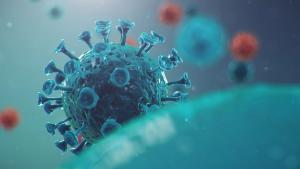
Published: January 26th 2022 | Updated:

Published: October 31st 2013 | Updated:

Published: October 9th 2013 | Updated:

Published: November 12th 2013 | Updated: